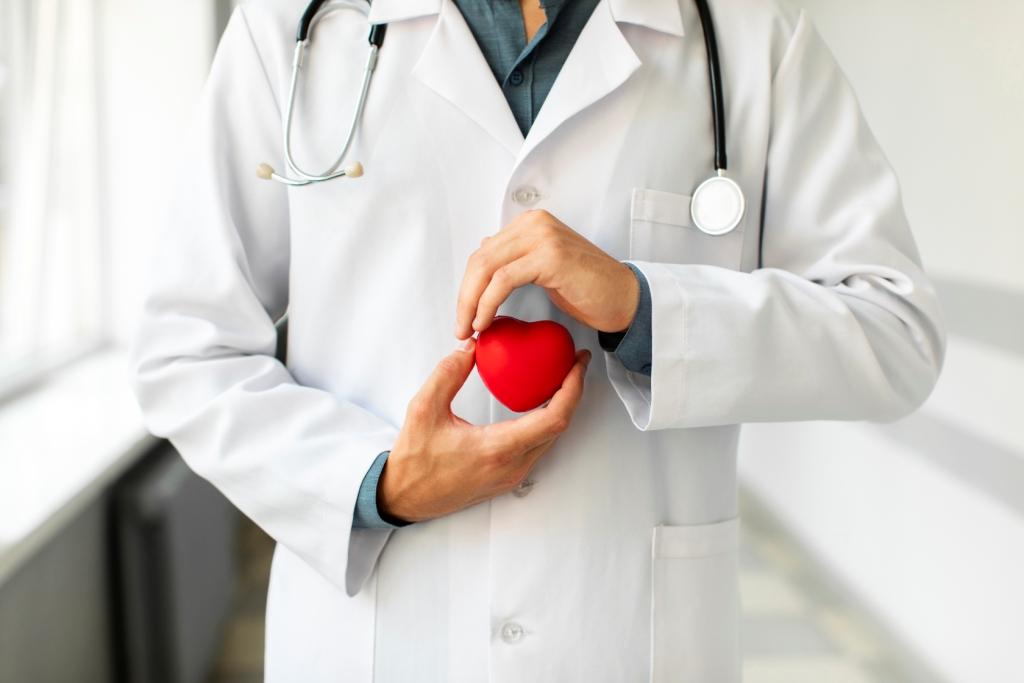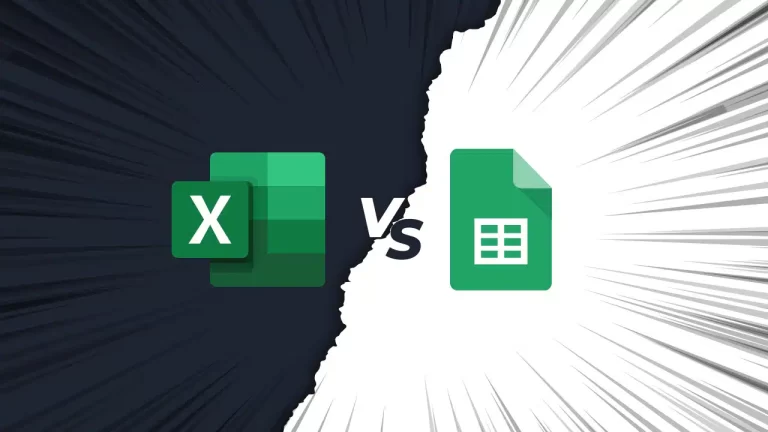
Set of working responsibilities for a Cardiologist
Cardiologists treat grown-up patients with heart or potentially cardiovascular sickness. To give the best consideration to their patients, cardiologists work in diagnosing, treating, and forestalling heart or potentially cardiovascular circumstances utilizing painless methods or, when fundamental, careful mediation. Learn all about cardiologist in New Jersey here.
How precisely does a cardiologist respond?
A cardiologist is a specialist who treats chest torment, hypertension, and cardiovascular breakdown, as well as issues with your heart valves, veins, and other heart and vascular issues. They can arrange tests like electrocardiograms, echocardiograms, and CT examinations (figured tomography) to sort out what’s up. Their findings can endorse drugs, help you create better activity and dietary patterns, or perform cardiovascular catheterization.
A cardiologist will examine your side effects, clinical history, and family ancestry. It is essential to illuminate your cardiologist if different relatives have had heart issues, as this can build your possibility of having a heart issue.
Some fundamental data, for example, your: can give your cardiologist essential data about your cardiovascular wellbeing.
- Levels of cholesterol
- Glucose (sugar) levels in the blood.
Your supplier will think about the entirety of this data and any test results to decide your gamble factors for heart issues. They’ll likewise want to find out whether you smoke, how much activity you get, what you eat, and what meds you take.
When would it be a good idea for you to see a cardiologist?
Assuming that you disapprove of your heart or veins that require special consideration, your essential consideration supplier might allude to a cardiologist. If you encounter chest torment, discombobulation, or windedness, you should counsel a cardiologist. As they screen your circumstances, your cardiologist might keep working with you for quite a while.
What’s in store at a Cardiology Consultation?
A cardiologist will perform an actual test, considering your heart closely. They can distinguish irregular heart rhythms and how well blood courses through your heart.
Get ready to respond to inquiries regarding your family ancestry andclinical history. If your kin, guardians, or other relatives have heart issues, your cardiologist must be aware. Realizing this data can assist your cardiologist with figuring out what kinds of heart issues you might insight.






